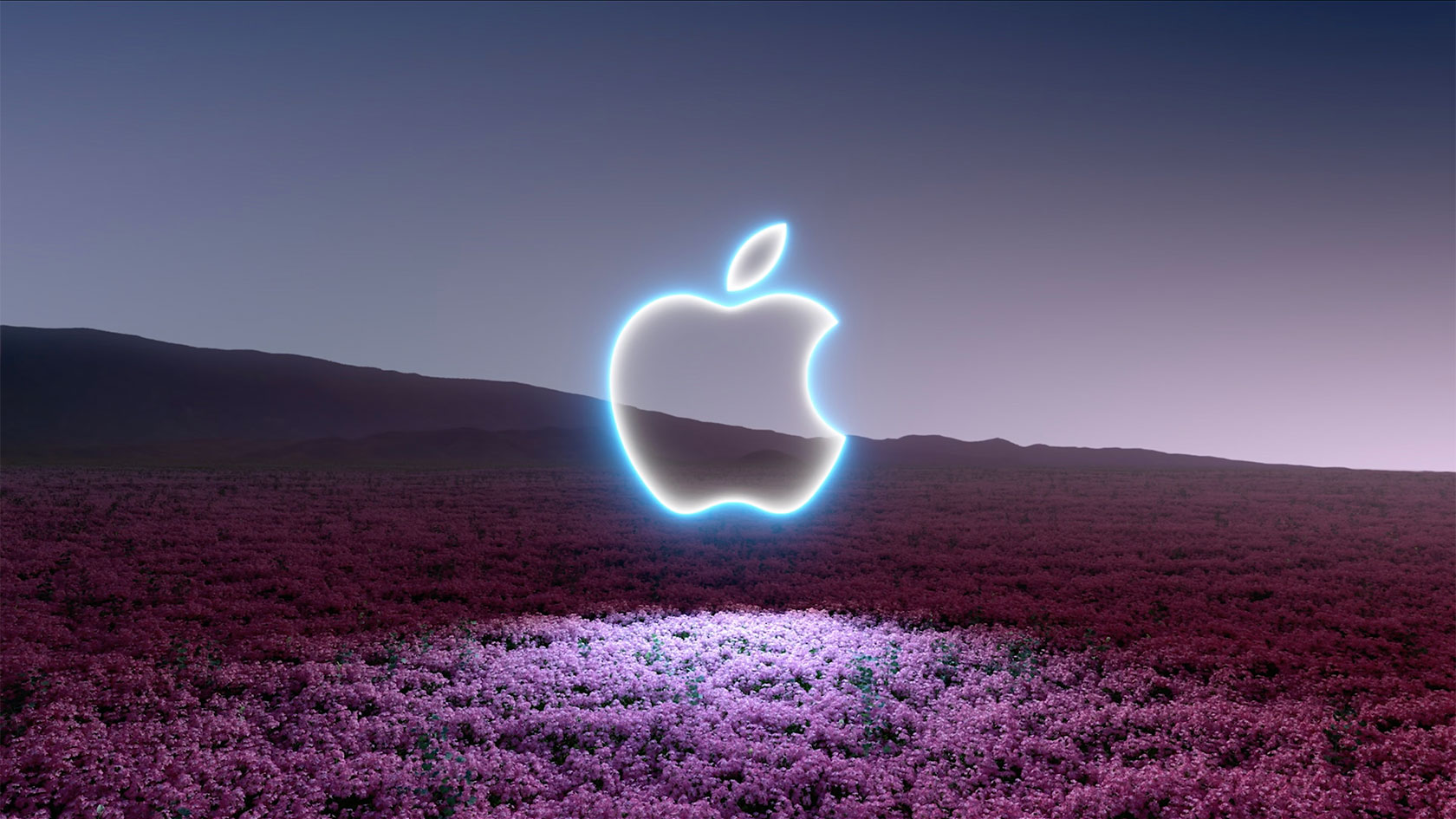Welcome to Startups Weekly, a fresh human-first take on this week’s startup news and trends. To get this in your inbox, subscribe here.
BetterUp, a reskilling and coaching platform for employees before and beyond the C-suite, is getting in touch with its emotions. This week, the richly funded unicorn startup announced a pair of acquisitions in the emotional artificial intelligence and people management space: Motive and Impraise. The terms of the deal weren’t disclosed.
BetterUp announced its acquisitions after a busy stint, which included passing $100 million in annual recurring revenue, expanding to Europe, and hitting 1 million individual coaching sessions on its platform.
I’ll be honest. It’s par for the course to see a growth-stage startup use milestones to inorganically expand through acquisitions. How else do you grow into your valuation? BetterUp’s duo of deals still stood out to me because they signal a somewhat unconventional direction for where the coaching industry is going. Stay with me.
BetterUp claims that it pioneered the category of coaching by focusing on employees, not just C-suite executives. With these acquisitions, it’s shifting how that coaching looks and lives. Motive, for example, will help BetterUp clients understand the emotional context behind data that they already aggregate, through engagement surveys or polls. It’s a plug-and-play approach that helps employers more immediately act on employee sentiment, instead of waiting for the long-game of coaching to play out.
On the other end of the funnel, Impraise uses technology to help managers better support their direct reports, through real-time performance reviews and more seamless feedback channels. Like Motive, Impraise is a step outside of the traditional boundaries of what coaching looks like.
“The direct-report relationship is where change happens in people’s lives,” BetterUp CEO and co-founder Alexi Robichaux said. “It doesn’t actually happen in coaching sessions; change happens after.”
In some ways, these acquisitions are BetterUp admitting that coaching for all employees has to be an end-to-end solution that requires everyone in the company – from HR to managers – to be involved. It can’t be a weekly calendar invite. This sort of investment could cause employers to shy away from even offering services to their staff to begin with, but pressure to retain may force them to try anyways. For other coaching and up-skilling platforms, the bar continues to be raised.
“Coaching can be a point solution, but that’s not enough and we know that better than anyone because we invented the point solution,” Robichaux said. “If you don’t have the data platform, if you don’t have the outcomes. If you don’t have the AI to personalize this, you can go coach 50 managers at your company,” but not every employee.
In the rest of this newsletter, I’ll walk us through Atlanta’s big bootstrapped moment, Casper’s nightmare and Apple’s day. As always, you can find me on Twitter @nmasc_ and listen to my podcast, Equity.
Atlanta’s big bootstrapped moment
Step aside Austin and Miami, Atlanta is in town. All eyes were on the city this week after Intuit bought local business Mailchimp for a staggering $12 billion. The Atlanta-based email marketing company never took any outside funding, which meant the deal was one of the biggest ever for a bootstrapped company. And while some saw Mailchimp’s massive exit as a win for the Atlanta startup and venture ecosystem, others felt differently.
Here’s what to know: Part of Mailchimp’s strategy as an untraditional tech company included not giving Mailchimp employees equity, and prioritizing profit-sharing as well as higher salaries. It sounds good, until your startup exits for $12 billion and you realize you don’t have any equity in the business that you helped build. It’s a knock against bootstrapping, as we discussed during Equity. Employees spoke to Business Insider about their first reactions, answering if the deal does indeed empower the local ecosystem.
Outside the inbox:
- Atlanta’s sundry startups join in global VC funding boom
- Collab Capital closes $50 million debut fund to back Black founders
Casper’s nightmare

Image Credits: Bryce Durbin/TechCrunch
My scoop this week uncovered that Casper, the direct-to-consumer mattress company, had another round of layoffs that impacted two dozen employees, as well as its CMO, CTO and COO. The round of layoffs and executive shuffle comes a little over a year since Casper cut 21% of its workforce and shut down its European operations.
The easy take here is that Casper is struggling with management and direction and has been on its back foot since its public debut last year. However, I’d argue that there’s more nuance here.
Here’s what to know: One founder in the direct-to-consumer space, who spoke on the condition of anonymity due to her lack of direct knowledge with the company said that Casper’s layoffs could also be a response to Apple’s iOS 14.5 update, which will crack down on apps that track users’ data without permission. The setting restricts the advertising data that companies can access, making it harder to justify budget and understand the efficacy of their sales strategy.
For DTC companies, the uncertainty of in-person retail activity plus difficulty of advertising attribution is a challenging hurdle to surpass.
Don’t sleep on this:
- Facebook revamps its business tool lineup following threats to its ad targeting business
- Choices and constraints: How DTC companies decide which strategy to follow
- Data remains a vital part of the marketing world
Apple (a) day
 Apple went back on stage with yet another virtual event to announce updates, upgrades and brand new unveils. The TechCrunch team, of course, couldn’t resist a chance to live blog. Read our full coverage here.
Apple went back on stage with yet another virtual event to announce updates, upgrades and brand new unveils. The TechCrunch team, of course, couldn’t resist a chance to live blog. Read our full coverage here.
Here’s what to know: It was all about the new iPhone 13. Brian Heater explained the context around the launch and what’s actually new about the smartphone.
Last year’s iPhone 12 was a massive seller, bucking the trend of stagnating smartphone sales, in part due to a bottleneck in sales from the unplanned delay, but also because it finally brought 5G connectivity to Apple’s mobile line.
Lucky number iPhone 13 (no skipping for superstition’s sake, mind) features a familiar design. The front notch has finally been shrunken — now 20% smaller than its predecessor — while the rear-facing camera system has also gotten a redesign. The screen is now 28% brighter, Super Retina XDR display on both the iPhone 13 and 13 mini at 1200 nits.
On and off the stage:
- Apple patches an NSO zero-day flaw affecting all devices
- Apple brings macro, low-light and cinema-focused updates to the iPhone 13 Pro camera
- The iPhone 13 Pro and Pro Max feature 120Hz display, better cameras
- Apple Watch Series 7 arrives with a larger, more rugged display
Around TC
Our prep sessions are done. The Battlefield companies are amped. And a photo booth is coming.
TechCrunch Disrupt kicks off next week! Our flagship event, featuring speakers like Melanie Perkins and Reid Hoffman, runs virtually September 21 to 23. The events team has truly spent months on making this a virtual event that feels engaging, spontaneous and true to our personality as a publication. And after getting a sneak peek this past week, I can promise you that it’s different from any other online conference that I’ve attended during the pandemic.
Anyways, all this is to say that I’m amped to join the stage with my colleagues, interview the brightest names in tech, and meet as many entrepreneurs as possible. Are you joining? Buy tickets using my discount code “MASCARENHAS20.”
Across the week
Seen on TechCrunch
Facebook knows Instagram harms teens. Now, its plan to open the app to kids looks worse than ever
Inside Reach Capital’s edtech-powered returns
Canva’s problem with PDF and its $40B valuation
Seen on Extra Crunch
3 strategies to make adopting new HR tech easier for hiring managers
What could stop the startup boom?
The value of software revenue may have finally stopped rising
Edtech leans into the creator economy with cohort-based classes














